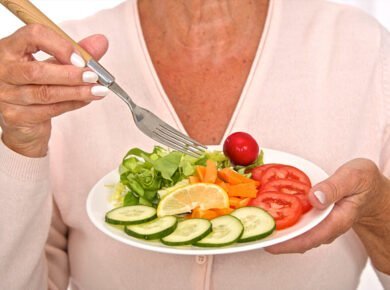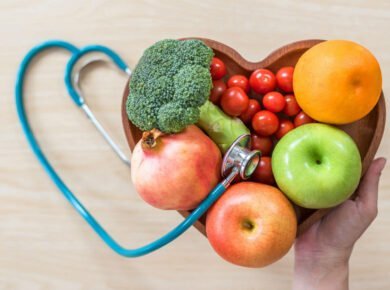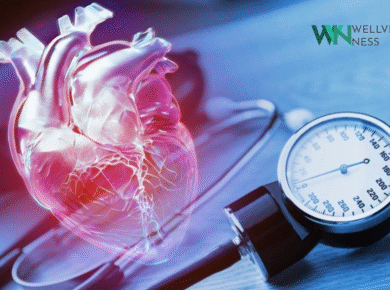Navigating a healthy diet amidst today’s fast-paced lifestyle can be daunting. Yet, with a carefully structured daily regimen, you can meet your nutritional needs while managing your busy schedule. This article delves into the essential elements of a balanced diet and offers insights on seamlessly integrating them into your daily life to promote overall health and well-being.
Table of Contents
Understanding a Balanced Diet

A balanced diet is essential for providing your body with the nutrients it needs to function properly. It consists of a variety of foods that provide essential nutrients such as carbohydrates, proteins, fats, vitamins, and minerals. By including a wide range of foods in your diet, you can ensure that your body gets all the nutrients it needs to stay healthy.
Building Your Daily Routine

Breakfast: The Most Important Meal of the Day
Start your day off right with a nutritious breakfast that includes a mix of carbohydrates, proteins, and healthy fats. This could be a bowl of oatmeal topped with fruits and nuts, or a smoothie made with spinach, banana, and almond milk. Breakfast provides you with the energy you need to kick-start your day and helps prevent overeating later in the day.
Mid-Morning Snack: Keep Your Energy Up
A mid-morning snack can help keep your energy levels up and prevent you from feeling hungry before lunchtime. Choose snacks that are rich in fiber and protein, such as a handful of nuts or a piece of fruit with nut butter. These snacks will help keep you satisfied until your next meal.
Lunch: A Balanced Plate
For lunch, aim to have a balanced plate that includes a serving of lean protein, whole grains, and plenty of vegetables. This could be a grilled chicken salad with quinoa and mixed greens, or a whole-grain wrap filled with turkey, avocado, and veggies. Including a variety of colors in your meal ensures that you get a wide range of nutrients.
Afternoon Snack: Beat the Afternoon Slump
The afternoon slump is a common time for cravings and fatigue to set in. Combat this by having a healthy afternoon snack that provides a boost of energy. Opt for snacks that are low in added sugars and high in fiber, such as Greek yogurt with berries or a small handful of trail mix.
Dinner: Light and Nutritious
For dinner, focus on having a light and nutritious meal that is easy to digest. This could be a piece of grilled fish with steamed vegetables and quinoa, or a tofu stir-fry with brown rice. Avoid heavy, greasy foods that can disrupt your sleep and leave you feeling sluggish.
FAQs
Q: Can I have dessert?
A: Yes, you can enjoy dessert in moderation. Opt for healthier options like fruit salad, yogurt parfait, or dark chocolate.
Q: How much water should I drink?
A: Aim to drink at least 8 glasses of water per day to stay hydrated. You may need more if you are physically active or live in a hot climate.
Conclusion, by following a balanced diet daily routine, you can nourish your body with the nutrients it needs to thrive. Remember to include a variety of foods in your diet to ensure you get all the essential nutrients. With a little planning and preparation, you can make healthy eating a part of your daily life.










